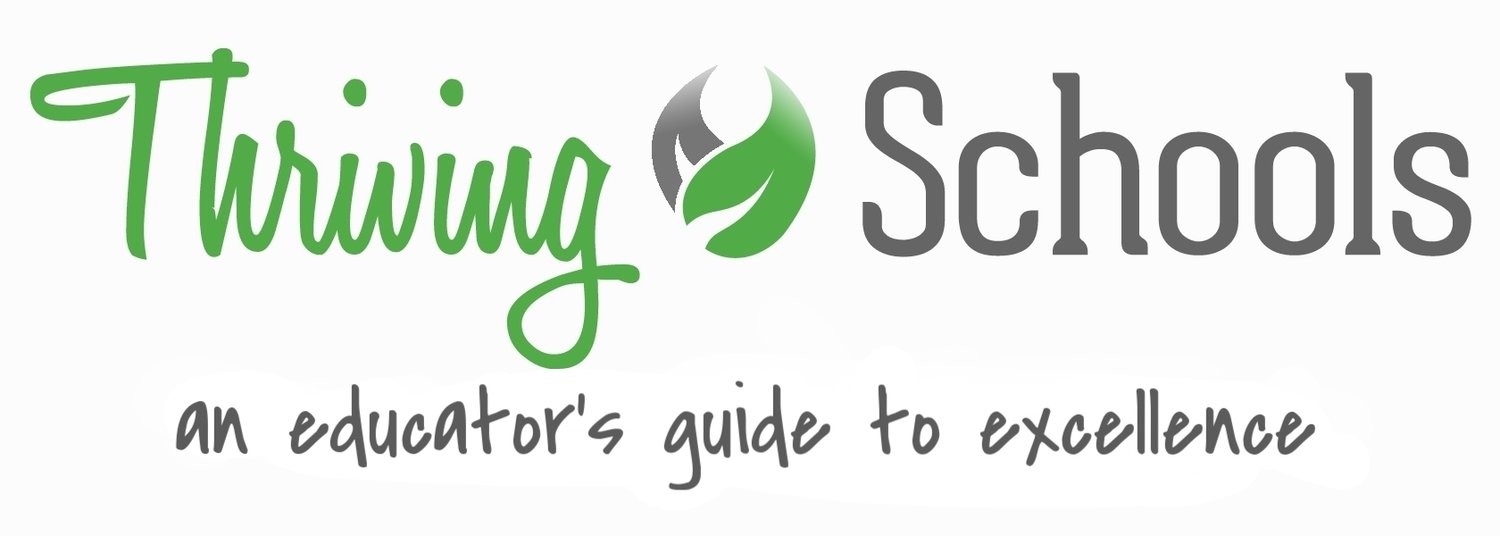How schools are saving money with asset tracking!
/Did you know that the average urban school misplaces nearly $20,000 worth of assets each year? And that for large schools, that sum can be twice as much? Shocking, right? You don’t have to be a budget expert to know that these sums represent a lot of money – money that could be used to hire another teacher, invest in development programs, or purchase badly needed supplies.
But what if it didn’t have to be this way? What if nearly all of those resources could be recouped with a small investment in an intelligent asset management solution? In this piece, we talk with an education startup that’s on a mission to do exactly that!
Read More
